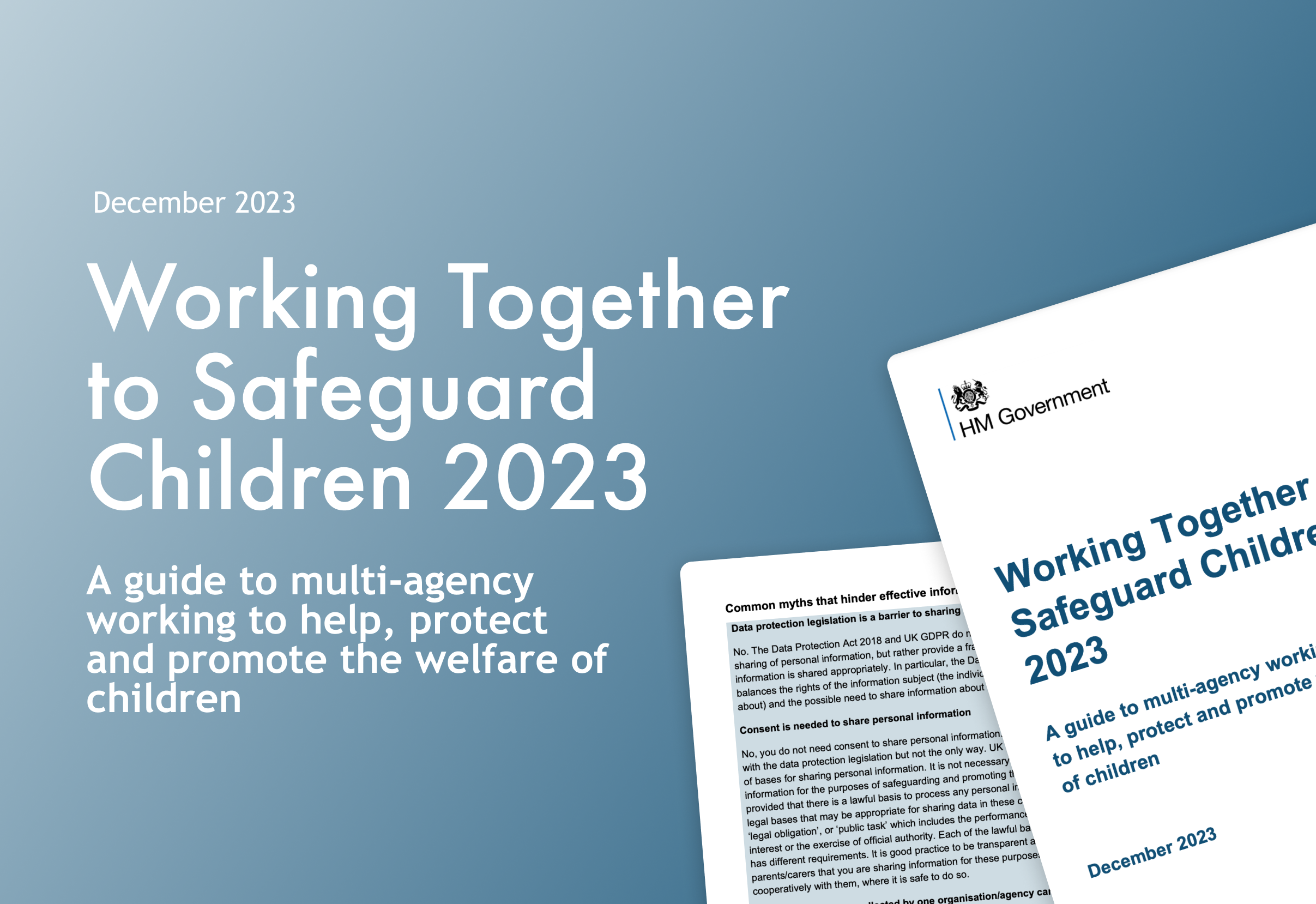Tackling gender inequalities from all angles - By Tina Pokuaah
Gender inequality is discrimination on the basis of sex or
gender causing one sex or gender to be routinely privileged or prioritised over
another. Starting in childhood, gender inequality can rob children of their
childhoods and limit their chances – disproportionately affecting girls (Save
the Children, 2022).
This discrimination continues into the workplace and
business sector and despite significant investments in unconscious gender bias
training, research has shown this has not resulted in greater levels of
diversity within society (Harvard Business Review, 2020). Whilst this
does not suggest that we shouldn’t continue to invest in reducing it, we may
however have a greater impact by intervening during childhood before bias
has a chance to set in.
It is critical that we all play a part in promoting,
encouraging, equipping and enhancing a diverse and equal society for girls and boys
to thrive. So, then the question is, how do we make gender advancement a
reality?
Well to drive cultural awareness of gender bias this must be
tacked from many angles, which includes:
·
The home
Gender inequalities stem from societies conception of gender
differences. But the most powerful influence stems from our culture, and within
our own homes. What children see and hear at home will lead to deep rooted bias
that has a long-term impact and is difficult to change in adulthood, that any
amount of training may not significantly reduce it.
·
Education
Schools should be advised and trained on gender inclusion
through gender audits, workshops and policy consulting. Facilitating awareness and learning regarding
equality with different gender identities is important for pupils throughout
various stages of their student lives.
‘Provide education, 2022’ for example provided some tips and ideas to guide schools on how to promote gender equality in the classroom. Such as ensuring educational materials are free from gender stereotypes. Challenging expectations of professions typically associated with a particular gender, for example include a female construction worker or soldier and a male secretary or nurse. As well as avoiding the term ‘guys,’ which may make female students feel excluded, use gender-neutral pronouns like ‘everyone.’
·
Public
Engaging policy makers in an effort to increase awareness
and to influence policy making and decisions. As well as design programmes to
empower and embolden all girls and boys across the UK to impact their society.
The way we collectively raise children, along with the role
models we show them, will make a difference in the future they create, and most
importantly in the values they hold as they take their place in society.



.png)
.png)



Comments
Post a Comment